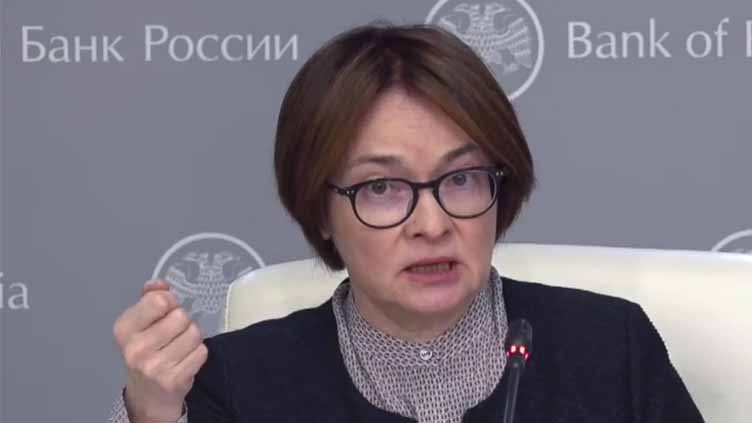Russia's central bank raises interest rate to 21pc to fight inflation boosted by military spending

World
Russia’s economy continues to show growth as a result of booming oil export revenues
Russia’s central bank on Friday raised its key interest rate by two percentage points to a record-high 21% in an effort to stem growing inflation as massive government spending on the military amid the fighting in Ukraine strains the economy’s capacity to produce goods and services and drives up workers’ wages.
The central bank said in a statement that “growth in domestic demand is still significantly outstripping the capabilities to expand the supply of goods and services.” Inflation, the statement said, “is running considerably above the Bank of Russia’s July forecast,” and “inflation expectations continue to increase.” It held out the prospect of more rate increases in December.
Russia’s economy continues to show growth as a result of booming oil export revenues and a hike in government spending, the bulk of which goes to the military as the conflict in Ukraine has dragged into a third year. That has fueled inflation, which the central bank has tried to combat with higher rates that make it more expensive to borrow and spend on goods, in theory relieving pressure on prices.
Central bank governor Elvira Nabiullina said that inflation is expected to double the bank’s target of an annual 4% and emphasized that the bank remains committed to bringing it down to the targeted level.
Nabiullina noted that inflation has overshot the goals because of increased government spending and lenient banking regulations that encouraged commercial banks to offer more loans. Years of price growth that exceeded the targets have fueled high inflationary expectations among consumers, she added.
“There is a high inertia of inflationary expectations as the inflation has exceeded the target level for four years,” Nabiullina said. “The more inflation exceeds the targets, the less people and companies believe that it could fall back to low levels.”


